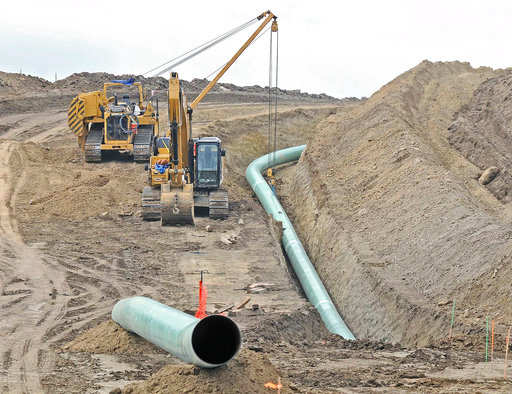INSUBCONTINENT EXCLUSIVE:
looking only in the rear view mirror
The inventory data is historical and reflects what the market was like a month or more ago
By the time OPEC gets the data, the world has already moved on.
If you thought that was a bad idea, wait until you hear this.
The most
important metric for OPEC and its friends, according to Saudi oil minister Khalid Al-Falih, is the level of investment in future oil
attract capital, not to target price.
The world needs to add 4 million to 5 million barrels a day of new production capacity each year to
meet rising demand and offset declines, he said
The industry is far from reaching that goal.
OPEC may be starting to shift its goalposts away from returning inventories to a 5-year average
level, however it chooses to measure that target
Now the group seems to want to keep cutting output until investment in new upstream projects picks up.
But this is a much worse guide to the
state of the market even than inventory levels
Stocks are at least 2 months out of date, but investment plans reflect price levels of 12 to 24 months ago and a whole host of other
The group is abandoning the rear-view mirror in favor of a telescope
telescope to look at distant galaxies shows you how things were millions of years ago, and not at all how they are now.
Comments from Royal
Dutch Shell Plc Chief Financial Officer Jessica Uhl show how ridiculous it is for OPEC and friends to base current output decisions on oil
the 12.5 million barrels a day it currently claims.
That insistence looks perverse, given that the country sits atop some of the cheapest
hydrocarbons, compared to similarly rough calculations of around $20 for Exxon and Shell
Yet, Aramco is behaving just like its peers
Oil drilling in Saudi Arabia has been falling even as oil prices have moved in the opposite direction.
Of course, the kingdom could perhaps
stimulate oil company investment by allowing them access to some of those cheap Saudi reserves
There are plenty of ways of doing that without ceding ownership of the oil in the ground - just ask the governments of Iraq, Mexico or a
seek is illusory, as I argued here
In the meantime, the suggestion that they switch from using a metric that is a little bit out of date to one that bears little relation to
market balance risks inflating short-term volatility too.
Of course, while they seek stable oil prices that will last for decades, the OPEC+

